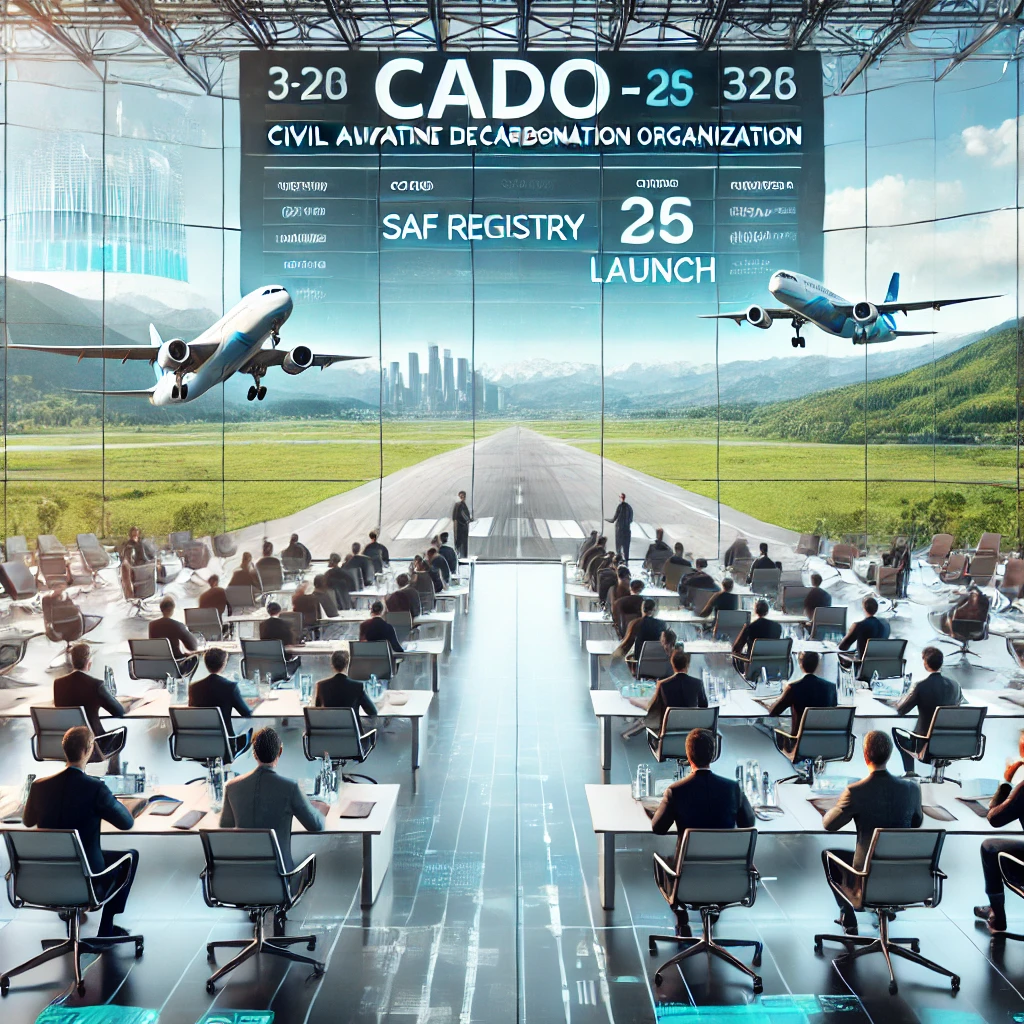IATA Slams Global Solidarity Levy Proposal, Warns of Damage to Aviation Industry
“The airline industry is an economic catalyst, not a cash cow,” Walsh emphasized.

The International Air Transport Association (IATA) has issued a sharp rebuttal to a recent proposal by the Global Solidarity Levies Task Force (GSLTF), which recommends imposing new taxes on air travel to support climate change mitigation, pandemic preparedness, and broader developmental challenges in lower-income nations. Describing the plan as ill-conceived, economically damaging, and counterproductive, IATA underscored that such levies would undermine global connectivity, financial sustainability of airlines, and ongoing environmental commitments.
A Disproportionate Financial Burden on Aviation
At the heart of IATA’s criticism is the financial scale of the proposed levy. A study cited by the GSLTF suggests that a premium flyer tax could generate €78 billion (approximately USD 90 billion) annually—a figure IATA notes is nearly three times the airline industry’s projected global profit of USD 32.4 billion for 2024. Given the industry's razor-thin net profit margin of just 3.4%, IATA contends that siphoning such vast sums would be unsustainable and jeopardize the sector’s viability.
IATA Director General Willie Walsh cautioned that governments are mistakenly viewing aviation as a financial “cash cow,” warning that the burden of new taxes would ripple through economies and reduce connectivity, especially to remote and developing regions. “The airline industry is an economic catalyst, not a cash cow,” Walsh emphasized.
Aviation’s Trillion-Dollar Commitment to Sustainability
The aviation sector is already confronting a mammoth investment challenge to meet its environmental goals. Airlines worldwide have pledged to reach net-zero carbon emissions by 2050, a transition estimated to cost USD 4.7 trillion over the next 25 years. Key strategies include the adoption of Sustainable Aviation Fuels (SAF), fleet modernization, operational efficiency, and emerging technologies.
Imposing a solidarity levy would not only divert capital away from these investments but also penalize premium passengers, who are critical to maintaining viable route structures. The reduction in premium demand could shrink connectivity options, especially for regions where such revenue cross-subsidizes lower fare classes.
CORSIA: A Global Framework Already in Place
Another major objection from IATA is the GSLTF’s disregard for CORSIA (Carbon Offsetting and Reduction Scheme for International Aviation), a globally agreed-upon market-based mechanism developed by the International Civil Aviation Organization (ICAO). CORSIA aims to cap international aviation emissions and manage them through offsetting mechanisms.
The solidarity levy would introduce a parallel carbon pricing system, which IATA says risks undermining CORSIA and could fracture international cooperation on aviation climate policy. IATA urged governments, including GSLTF member states, to strengthen CORSIA implementation rather than introduce overlapping and inconsistent measures.
Economic and Consumer Impact Largely Ignored
IATA further criticized the GSLTF for failing to assess the broader economic and social impacts of the proposed levy. There has been no analysis of how such taxes would affect travel affordability, route networks, or the economies of developing nations—the very beneficiaries of the funds.
The association warned that higher airfares caused by excessive taxation would disproportionately affect low-income travelers and hinder the flow of goods and services, especially in island nations and isolated communities that rely heavily on air transport.
Public Skepticism of Air Travel Taxes
IATA backed its position with new international survey data from Savanta, which polled citizens in 15 countries:
-
79% believe there are already too many taxes on flying
-
78% reject taxation as a viable path to aviation sustainability
-
74% distrust governments to manage such tax revenues responsibly
-
88% believe air travel tax revenues should be used to improve the travel experience
-
Only 9% support taxation as the preferred solution to carbon emissions
Alternatives with higher public support included Sustainable Aviation Fuel investments (25%), technology enhancements (23%), and emissions reduction research (18%).
A Call for Practical, Sector-Specific Solutions
Willie Walsh concluded by affirming the industry’s commitment to climate action, while emphasizing that punitive taxes are not the answer. “The last thing these efforts need is a USD 90 billion gut punch of a tax,” he stated. Instead, the GSLTF’s objectives would be better served by enabling SAF production and access to carbon credits, allowing airlines to sustainably connect people and businesses across the globe.
As governments deliberate on the GSLTF recommendations, IATA is urging stakeholders to prioritize collaboration, consistency, and investment—not fiscal extractions—to ensure aviation remains a driver of economic prosperity and environmental responsibility.










